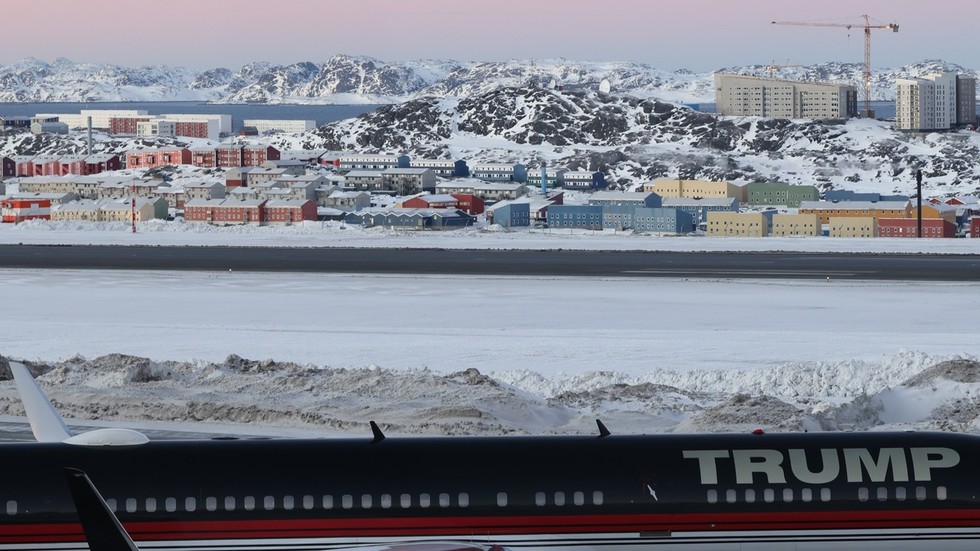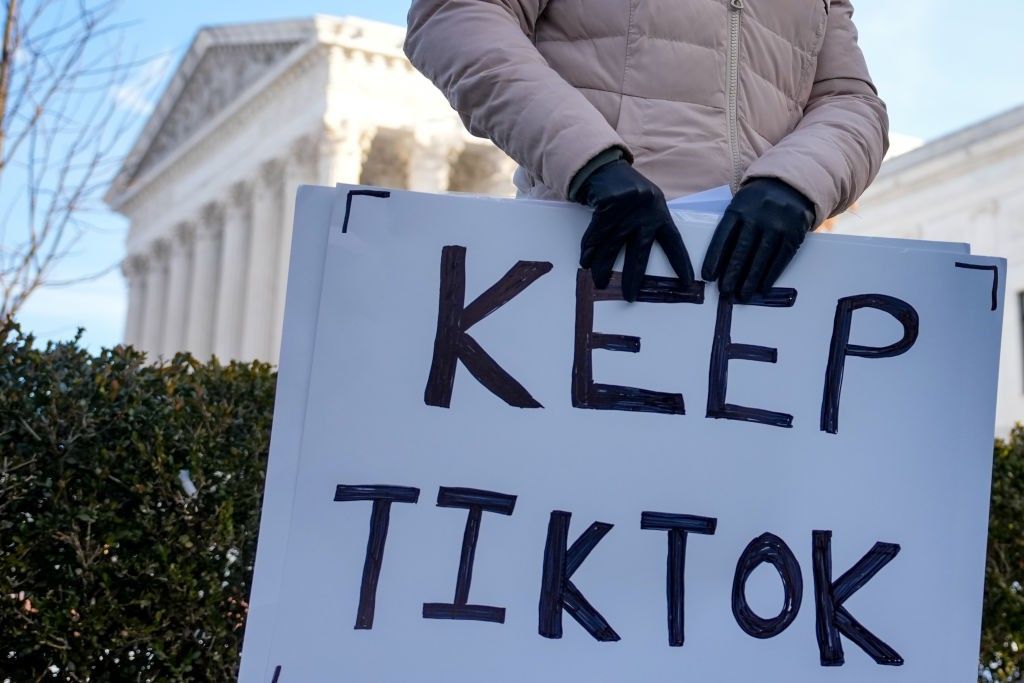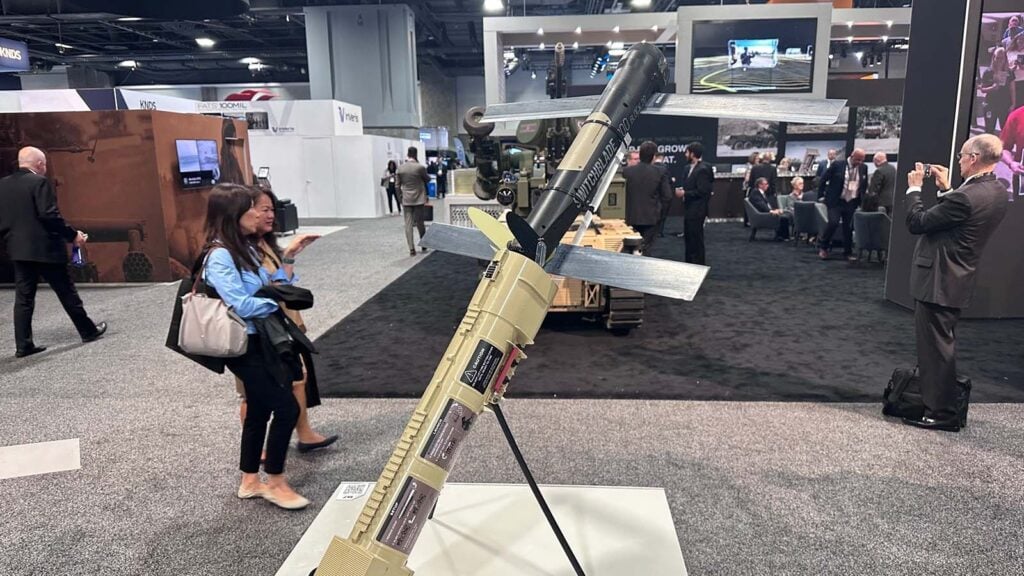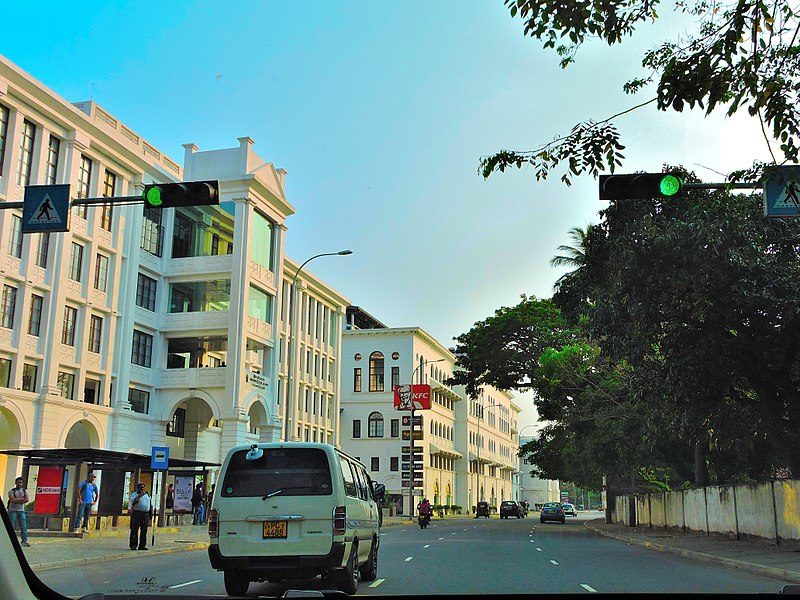SEOUL, South Korea –
Russian President Vladimir Putin and North Korean leader Kim Jong Un signed a new partnership that includes a vow of mutual aid if either country is attacked, during a Wednesday summit that came as both face escalating standoffs with the West.
The deal, which the leaders said covered areas including security, trade, investment, and cultural and humanitarian ties, could mark the strongest connection between Moscow and Pyongyang since the Soviet Union collapsed in 1991. Both leaders described it as a major upgrade of their ties.
The two met as Putin visited North Korea for the first time in 24 years. The summit came as the U.S. and its allies express growing concerns over an arms arrangement in which the country provides Moscow with badly needed munitions for its war in Ukraine in exchange for economic assistance and technology transfers that could enhance the threat posed by Kim’s nuclear weapons and missile program.
Kim said that the deal was the “strongest ever treaty” between the two nations, putting the relationship at the level of an alliance, and vowed full support for Russia’s war in Ukraine. Putin said that it was a “breakthrough document” reflecting a shared desire to move relations to a higher level.
The North Korean leader gave Putin a lavish welcome, meeting him at the airport Tuesday night, where the two shook hands, hugged twice and then rode together in a limousine in a huge motorcade that rolled through the capital’s brightly illuminated streets, where buildings were decorated with giant Russian flags and portraits of Putin.
After spending the rest of the night at a state guest house, Putin attended a welcoming ceremony at the city’s main square, filled with what appeared to be tens of thousands of spectators, including children holding balloons and people wearing coordinated t-shirts in the red, white and blue of the Russian and North Korean flags. Huge crowds lined up on the streets to greet Putin’s motorcade, chanting “Welcome Putin” and waving flowers and North Korean and Russian flags.
Putin and Kim saluted an honour guard and walked across a red carpet. Kim then introduced key members of his leadership including Foreign Minister Choe Son Hui; top aide and ruling party secretary Jo Yong Won; and the leader’s powerful sister, Kim Yo Jong.
As the talks began, Putin thanked Kim for North Korea’s support for his war in Ukraine, part of what he said was a “fight against the imperialist hegemonistic policies of the U.S. and its satellites against the Russian Federation.”
Putin hailed ties that he traced back to the Soviet army fighting the Japanese military on the Korean Peninsula in the closing moments of World War II, and Moscow’s support for Pyongyang during the Korean War.
Kim said Moscow and Pyongyang’s “fiery friendship” is now even closer than during Soviet times, and promised “full support and solidarity to the Russian government, army and people in carrying out the special military operation in Ukraine to protect sovereignty, security interests and territorial integrity.”
It wasn’t immediately clear what that support might look like. Kim has used similar language in the past, consistently saying North Korea supports what he describes as a just action to protect Russia’s interests and blaming the crisis on the U.S.-led West’s “hegemonic policy.”
North Korea is under heavy UN Security Council sanctions over its weapons program, while Russia also faces sanctions by the United States and its Western partners over its aggression in Ukraine.
U.S. and South Korean officials accuse the North of providing Russia with artillery, missiles and other military equipment for use in Ukraine, possibly in return for key military technologies and aid. Both Pyongyang and Moscow deny accusations about North Korean weapons transfers, which would violate multiple UN Security Council sanctions that Russia previously endorsed.
Along with China, Russia has provided political cover for Kim’s continuing efforts to advance his nuclear arsenal, repeatedly blocking U.S.-led efforts to impose fresh UN sanctions on the North over its weapons tests.
In March, a Russian veto at the United Nations ended monitoring of UN sanctions against North Korea over its nuclear program, prompting Western accusations that Moscow is seeking to avoid scrutiny as it buys weapons from Pyongyang for use in Ukraine.
Russian President Vladimir Putin, left, and North Korea’s leader Kim Jong Un exchange documents during a signing ceremony of the new partnership in Pyongyang, North Korea, on Wednesday, June 19, 2024. (Kristina Kormilitsyna, Sputnik, Kremlin Pool Photo via AP)
Putin’s foreign affairs adviser Yuri Ushakov told reporters in Pyongyang that the two leaders exchanged gifts after the talks. Putin presented Kim with a Russian-made Aurus limo and other gifts, including a tea set and a naval officer’s dagger. Ushakov said that Kim’s presents to Putin included artworks depicting the Russian leader.
Russia media said earlier that Kim will host a reception, and Putin is expected to leave Wednesday evening for Vietnam.
In addition to security, Putin said the partnership includes cooperation in political, trade, investment, cultural and humanitarian fields, as well as security. He added that Russia would not rule out developing military-technical cooperation with North Korea under the deal.
According to the Kremlin’s website, the two leaders also signed an agreement on building a road bridge on their shared border, and another on cooperation in healthcare, medical education and science.
Kim was quoted as saying that the agreement was of a peaceful and defensive nature. “I have no doubt it will become a driving force accelerating the creation of a new multipolar world,” he was quoted to say.
In Washington, U.S. Secretary of State Antony Blinken said Putin’s visit to North Korea illustrates how Russia tries, “in desperation, to develop and to strengthen relations with countries that can provide it with what it needs to continue the war of aggression that it started against Ukraine.”
The North may also seek to increase labour exports to Russia and other illicit activities to gain foreign currency in defiance of UN Security Council sanctions, according to a recent report by the Institute for National Security Strategy, a think tank run by South Korea’s main spy agency. There will likely be talks about expanding cooperation in agriculture, fisheries and mining and further promoting Russian tourism to North Korea, the institute said.
Tensions on the Korean Peninsula are at their highest point in years, with the pace of both Kim’s weapons tests and combined military exercises involving the United States, South Korea and Japan intensifying in a tit-for-tat cycle.
The Koreas also have engaged in Cold War-style psychological warfare that involved North Korea dropping tons of trash on the South with balloons, and the South broadcasting anti-North Korean propaganda with its loudspeakers.



















.gif)

Discussion about this post